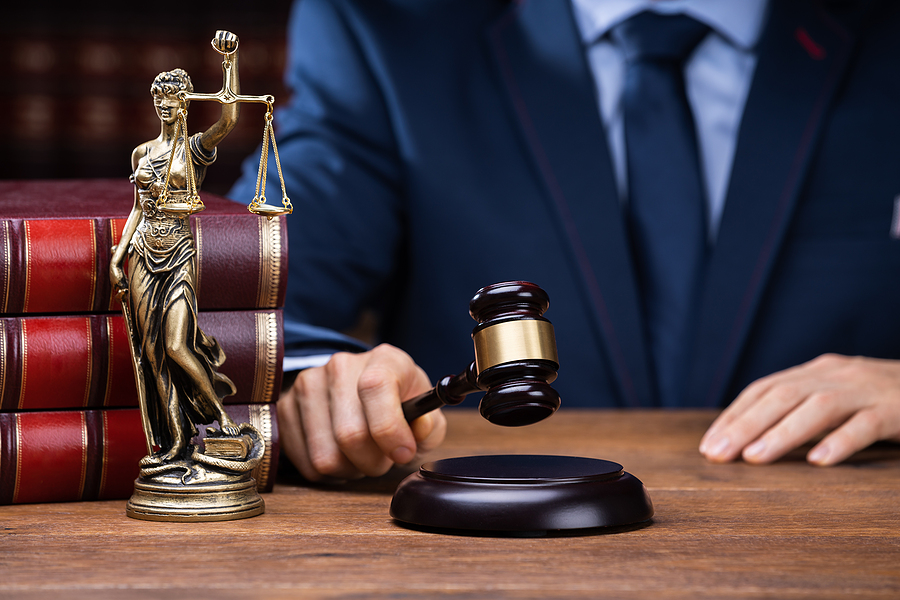When Can a Judge Raise Bail?

Getting arrested is a life-changing experience. Even for small charges, the process can be difficult to navigate. One of the most important parts of the process is bail. Without a good understanding of the bail process, you or someone you love could be stuck in jail longer than necessary. With that in mind, let’s look at how bail is set and when a judge can raise bail after they already set it at a certain level.
How Bail Is Set
Before discussing a change in bail, it’s important to understand how it is set in the first place. After an arrest, bail is determined by the judge. There are some factors that are coded into law, so some specific charges have minimum bail requirements. Ultimately, however, the judge can set the number higher.
This determination is made by assessing how likely you are to show up for court (often called “flight risk”) and how much of a danger you present to others. If those factors are deemed high, the amount of bail will increase. If the risk is high enough, bail can be revoked entirely.
Conditions for Raising Bail
A particularly trying situation can arise when bail is raised after you have been released from jail. This means that additional money has to be paid or you’ll go back to jail. It’s incredibly frustrating, but the courts have this power. It’s important to understand how this happens. Bail cannot be raised after the fact unless the circumstances of the court case change. There are a few key ways this can happen.
Additional Charges
It is not uncommon for additional charges to be brought up between the arrest and the trial (or other court dates). As an example, after a car accident, a person can be arrested for reckless endangerment. Additional evidence might prompt the prosecution team to add additional charges of driving while intoxicated. If this happens, the judge can choose to raise the bail, and depending on the new charges, the law might require them to do so.
Escalated Damage
An escalation in property damage or personal injury can lead to an increase in bail, although it is more likely with personal injury. Using our car accident example, if a person injured in the accident has a delayed diagnosis, this can cause the scale of personal injury to increase, and it can cause your bail to go up after the fact.
Additional Danger
Another way for bail to go up is if the defendant seems to become a danger to themselves. It’s sad, but arrest and charges can lead to depression and thoughts of self-harm. If this is evident to the judge, they can change the bail requirements in the defendant’s best interest.
The worst-case scenario arises if the judge decides the defendant is a danger to others. This is likely to lead to a substantial change in the bail terms.
Dealing With Changes
When a judge raises the bail after the fact, you really only have two options. The first is to contest them. You’ll need your lawyer to make a case to the judge to explain why you aren’t a danger or risk. Your lawyer should have a fair idea of how effective their case will be.
The only other option is to pay the increased bail. This can require changes to your bond, but ultimately, it’s going to work the same way. Your bond can be expanded to cover the new bail. It’s not a fun scenario, but thankfully it is uncomplicated.Anytime you need help with bail, A Way Out Bail Bonds can be your resource. Contact us so we can help you cover your options and get out of jail quickly.
